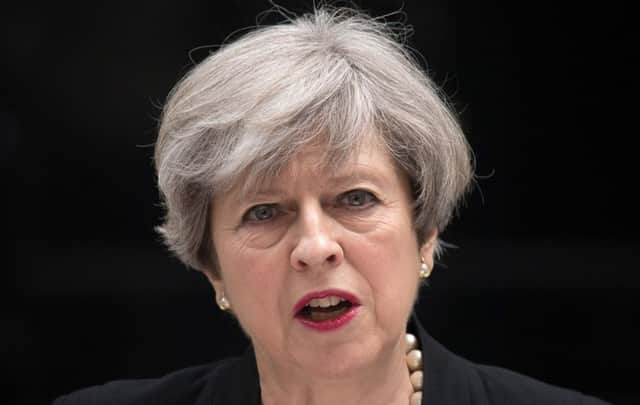Tim Ripley: Tech companies will make it difficult for Government to encrypt


But it is an area where the government will struggle to make any headway. Tech companies are loath to give away the key to their encryption, as they do not trust governments not leak it, and their customer base will be very unhappy at the prospect of a government agency being able to access their communications.
There is also a view that all it would do is create an encryption arms race, in that as soon as GCHQ cracks one set of keys, another set is developed. The chances of progress on that front, therefore, are a really a mixed bag.
Advertisement
Hide AdAdvertisement
Hide AdFor the police, the real issue is the investigation of firearms incidents by the Independent Police Complaints Commission. It is the biggest hindrance to recruiting armed officers into forces and has a major impact on morale.
Officers who responded to the recent attacks in Britain will be under investigation at the moment, but it is in the gift of the government to change that. The ordinary rank-and-file would be hugely supportive of that, although the human rights lobby would be in apoplexy. No government minister has talked about it, but when you hear police leaders, it is nearly always at the top of their agenda.
Listening at what Mrs May has said, there is a move on the government’s part to ensure anyone who associated with radical groups pay a higher price. But if you’re prepared to blow yourself up, the prospect of a longer prison sentence is not going to be an effective deterrent.
Almost every time there is a terror-related incident, there is talk of new law enforcement powers. That is not led by the practitioners, it’s the politicians who talk about it, because it sounds good.
The whole counter-terrorism strategy is part of a propaganda war between the government and the jihadis, and it will never be resolved to anybody’s satisfaction as long as that war of words is going on. The Prevent strategy is really the dagger at the heart of the jihadis, and that is why they are pushing back so hard against it.
l Tim Ripley is a defence analyst and commentator